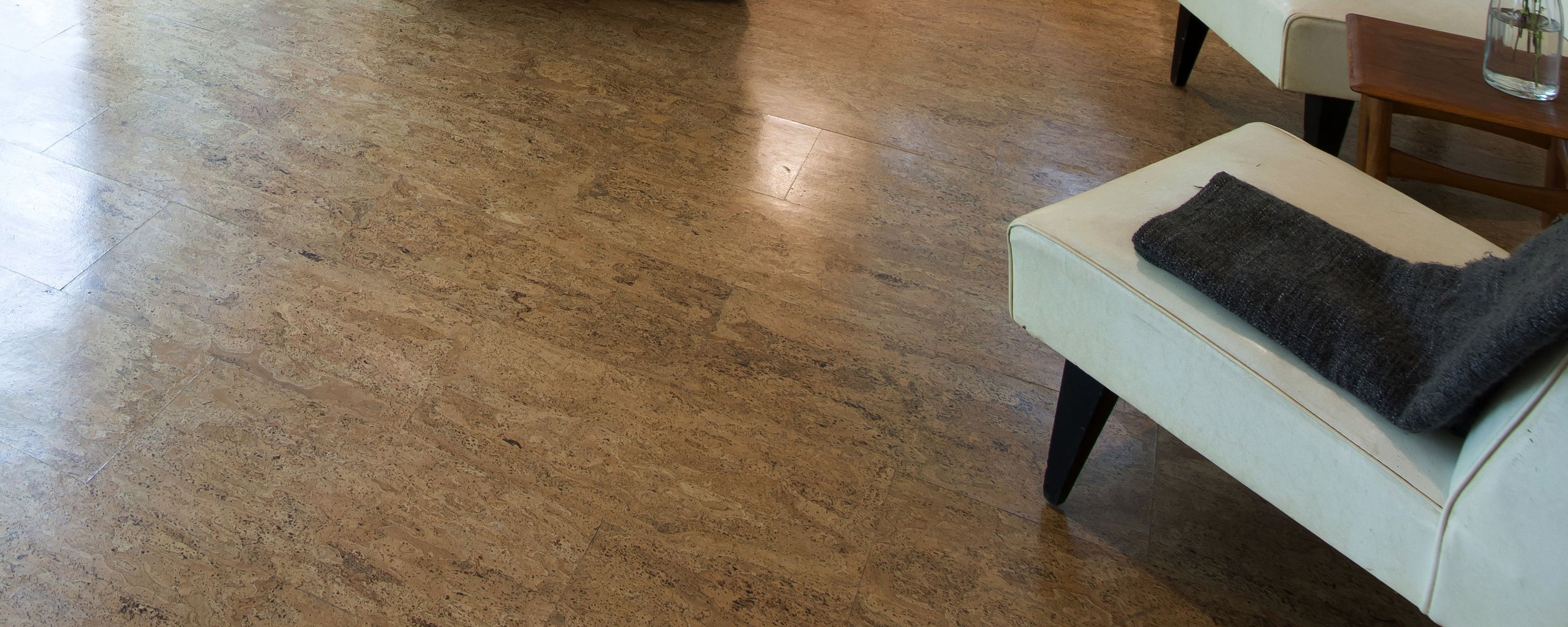Cork Flooring For Bathrooms Pros And Cons
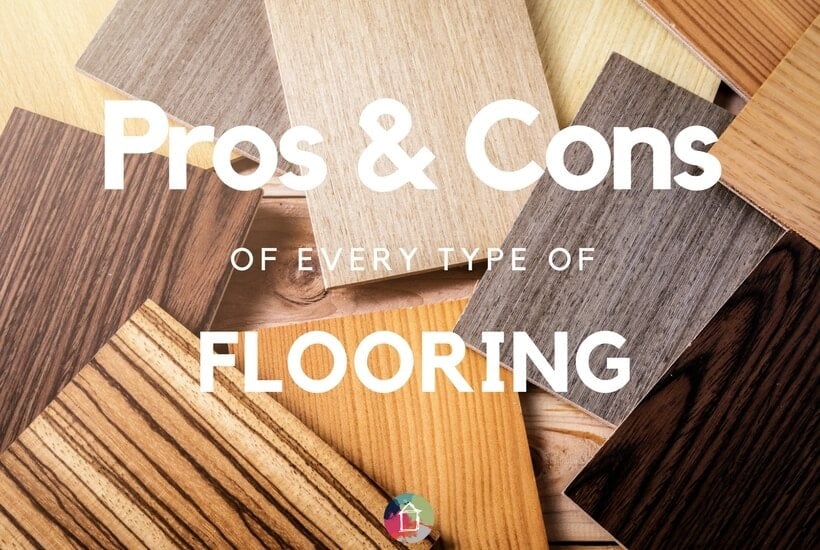
Cork flooring is available in several different forms made from either slices of cork or from granulated cork mixed with resin binders.
Cork flooring for bathrooms pros and cons. Pros and cons of cork flooring by. To solve this problem you can install floor heating which sufficiently increases the costs of repair and maintenance. Cork flooring pros and cons.
Let us dwell on cork flooring in bathroom pros and cons. The site finish reduces damage from spills or surface liquids just like ceramic or porcelain tile. Cork is not just for plugging bottles.
The flooring material can be solid cork throughout the thickness or laminated around a fiberboard core. Cork flooring is naturally warm and feels delightful on a bare foot. It is unpleasant to walk barefoot on the tiled floor.
Cork flooring is actually made from the scraps from bottle stopper production. Harvesting doesnt damage trees and very little goes to waste. Offering easy maintenance sound absorption warmth and comfort underfoot cork is a smart eco friendly flooring choice for many of todays homeowners.
The softer nature of cork flooring has many appeals but when resale value can be affected by a decline in appearance its less optimal for heavy traffic large dogs with unclipped nails or. Tile cork more. Tiles for example do not have this advantage.
No trees are cut down in the harvesting process. On the one hand it does have a number of properties which make it resistant to some of the challenges posed in these locations but it is not as impervious to these factors as some other flooring options. Installing 100 percent cork flooring in kitchens and bathrooms means having proper underlayment but diligent maintenance is needed to keep the floors looking great.
:max_bytes(150000):strip_icc()/cork-flooring-pros-and-cons-1314688-FINAL-5bc4d42e4cedfd002631d65c.png)




/GettyImages-182177160-5b14306c3418c60037b477cf.jpg)
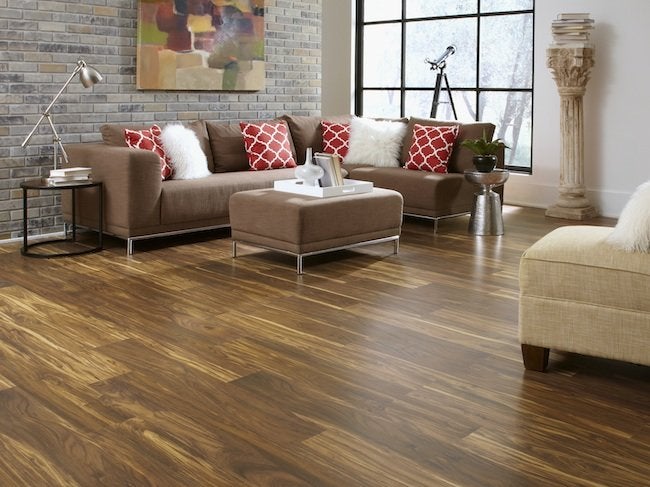
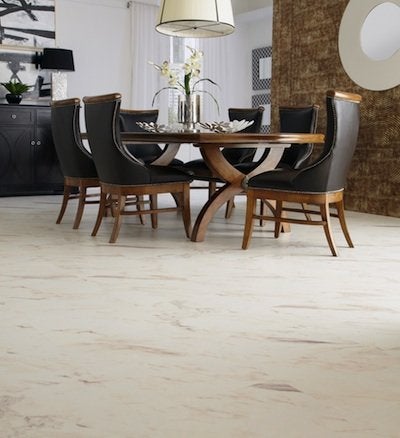
:max_bytes(150000):strip_icc()/cork_flr_kitch-56a4a1dd3df78cf772835557.jpg)
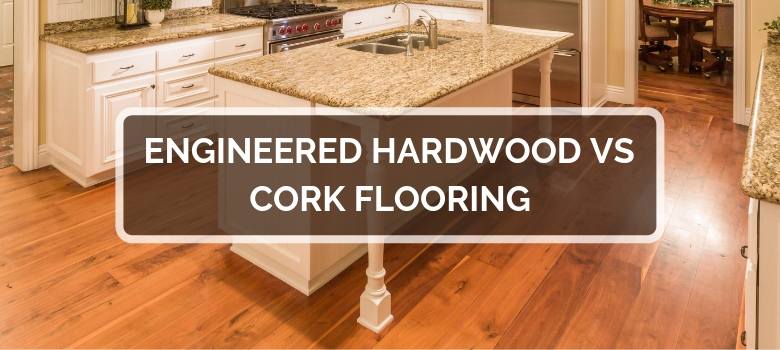


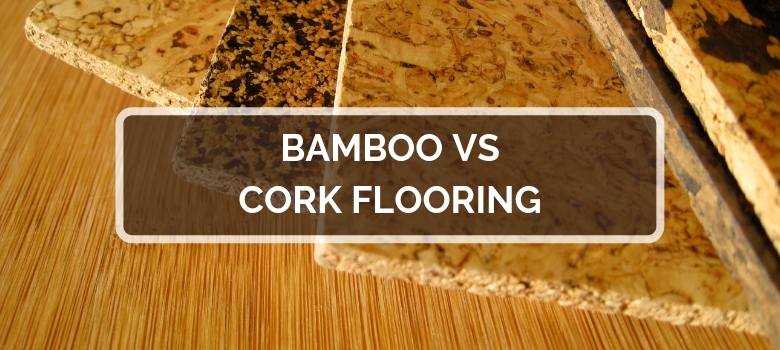
/assorted-cork-tiles-elevated-view-200544917-001-5849d2215f9b58a8cdcf1344.jpg)




